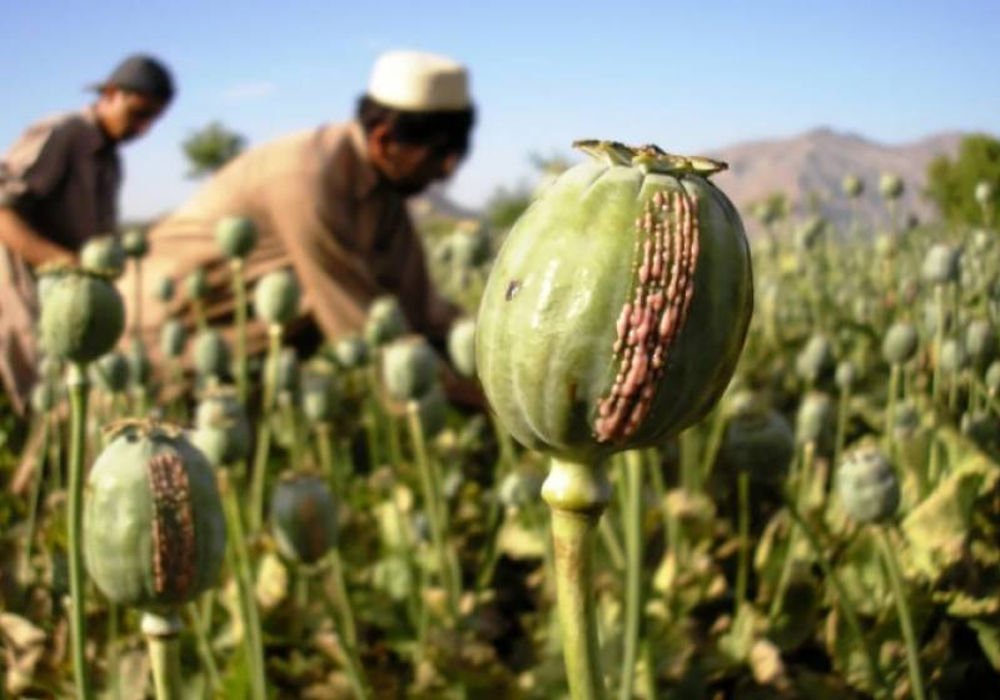The Lahore Government Opium Alkaloid Factory, Pakistan’s only opium manufacturing facility, is set to recommence operations after an 11-year hiatus. Established in 1942, the factory was shut down in 2012 due to irregularities in the distribution of opium tablets and a lack of proper enforcement.
Opium is a potent narcotic substance with both medicinal and recreational uses. It is derived from the opium poppy plant, native to Asia and the Middle East, and contains alkaloids like morphine, codeine, and thebaine. Morphine is widely used for treating severe pain, while codeine is employed for milder pain and cough. Thebaine is a key ingredient in the production of semisynthetic opioids such as oxycodone and heroin.
Opium has a longstanding history of use in Pakistan, traditionally for managing pain, diarrhea, dysentery, sedation, and as a hypnotic. However, opium cultivation and consumption in Pakistan saw a significant rise in the early 20th century, leading to issues like addiction and crime.
To address these concerns, the Pakistani government introduced measures to regulate opium cultivation and consumption. In 1979, the country banned opium poppy cultivation except for a small area in Khyber Pakhtunkhwa (KP) province, where opium is grown for medicinal purposes.
In 1989, Pakistan became a signatory to the United Nations Convention Against Illicit Traffic in Narcotic Drugs and Psychotropic Substances, committing to preventing the illicit cultivation, production, trafficking, and distribution of narcotic drugs and psychotropic substances.
The reopening of the Lahore Government Opium Alkaloid Factory allows Pakistan to produce its own medicinal opium, reducing its dependence on imports. It also provides a legal source of opium for registered doctors to administer to addicts under their care.



